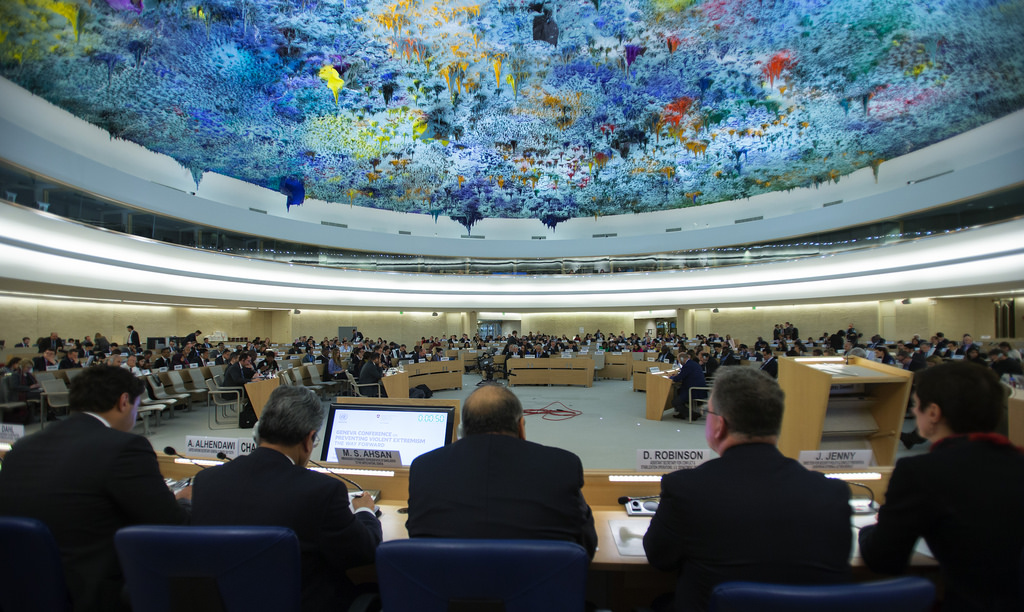LGBTQ rights are becoming unalienable human rights in the eyes of the global community at the United Nations Human Rights Council in Geneva. The UNHRC held its 35th session on Jan 6 Devoting an interactive dialogue on protecting the LGBTQ community from violence and discrimination.
Human rights groups applauded When the Council passed a resolution in 2016 to elect an Independent Expert That would Provide world leaders with mandates That calls for Their engagement, consultation and cooperation with States and other stakeholders to address the multiple, intersecting and aggravated forms of violence and discrimination concentrated on this community. The Independent Expert elected, Vitit Muntharbhorn, has the responsibility of preparing reports on mandates, periodically carrying out country visits to learn about local situations and sharing those lessons with the international community, receiving communications / complaints regarding human rights violations, from victims, and acting on them through contact and leverage with the State or entity concerned and cooperating with other actors.
Muntharbhorn presented a thematic report Stating That, “in many countries, lesbian, gay, bisexual, transgender and intersex persons were still victims of torture, mistreatment, killing, harassment, or bullying from a young age. There was an urgent need to respect humanity in all its diversity, which includes non-discrimination based on sexual orientation.”
The Independent Expert’s comprehensive report discusses previous international human rights treaties That have integrated issues pertaining to sexual orientation and gender identity to a lesser or greater extent and effective anti-discrimination measures that world leaders can refer to when crafting policies and resolutions.
The report indicates that curtailing the kind of environments that leads to this kind of violence and discrimination would be to “longitudinal challenge,” however some countries have Already moved towards integrating sexual orientation and gender identity into their constitutions or laws, directly or indirectly, while others have policies and programs to reflect sexual and gender diversity.
Muntharbhorn explained that is intersectional discrimination. For instance, the patriarchy’s impact on women negatively impacts lesbians and women who have sex with women. There might be traces of racism and extremism, which also negatively impact refugees and migrants who are lesbian, gay, bisexual or transgender and those who their wish to have sexual orientation and gender identity culturally respected. Even where there are laws to protect people from discrimination, the implementation of these laws are weak.
State policies vary in their openings towards the issue of sexual orientation and gender identity while some States have tried to issue the integrated into the curriculum at different stages, others have shunned the possibility altogether.
Pakistan was the only Participating country in the Council that did not recognize the sent of the Independent Expert on protection against violence and discrimination based on sexual orientation and gender identity and openly stated that its Member States were not in a position to engage, interact or cooperate in any way with the holder sends.
Otherwise, all other Participating countries agreed wholeheartedly that there needs to be global acceptance of the LGBTQ community and integrating them as merely people who are trying to be accepted just like everyone else in the world.
The report concluded with an outcry important for nurturing a sense of empathy for the LGBTQ community because they are not “other” and Should not be “otherized.” There is an inherent part inside all of us that has the desire to be understood.












